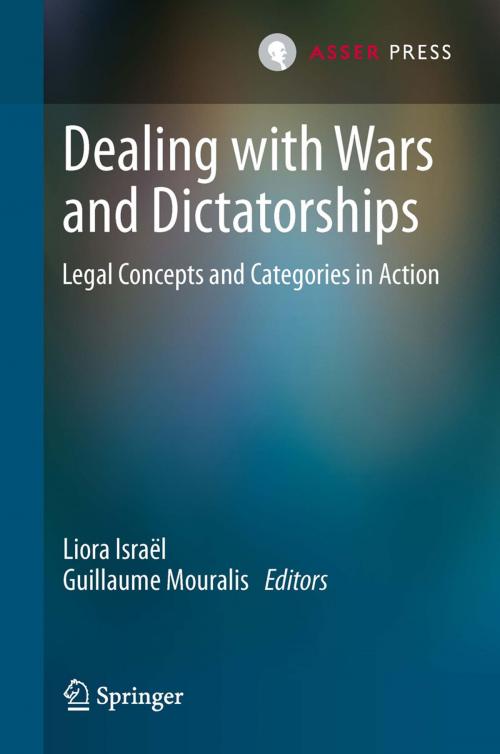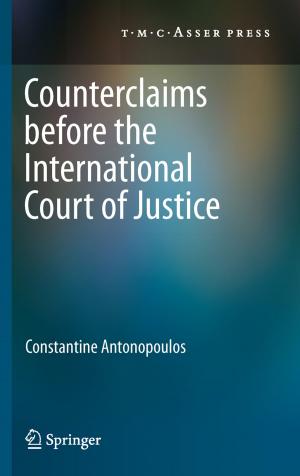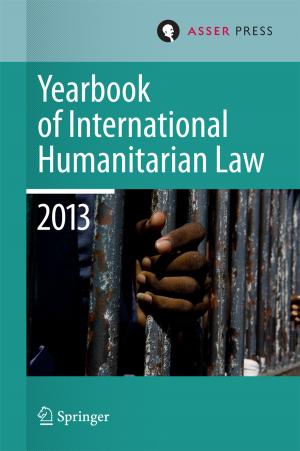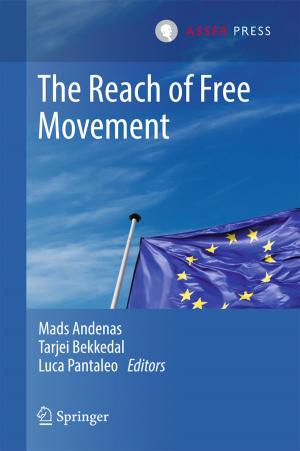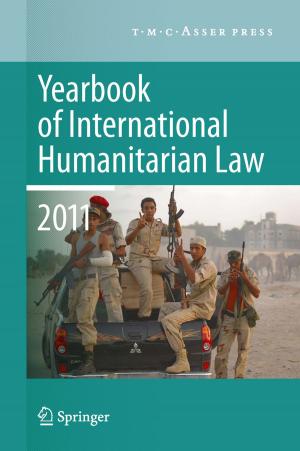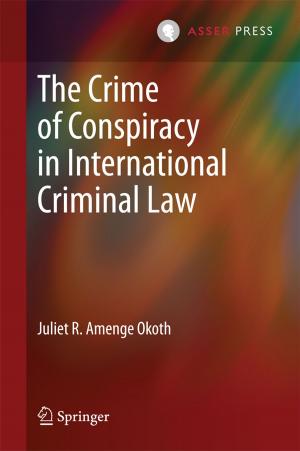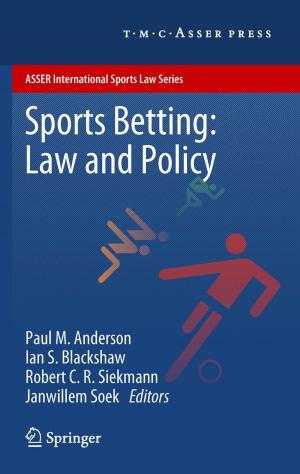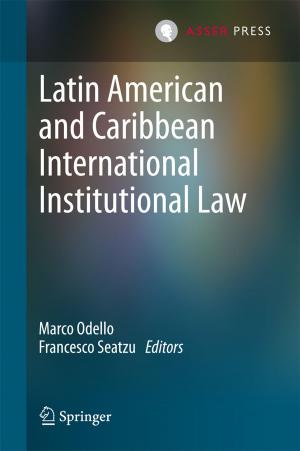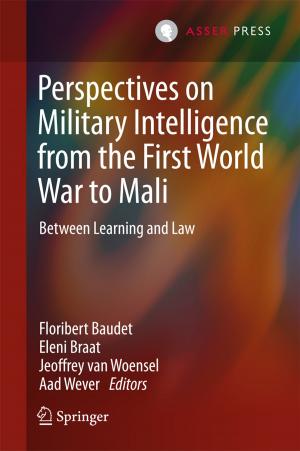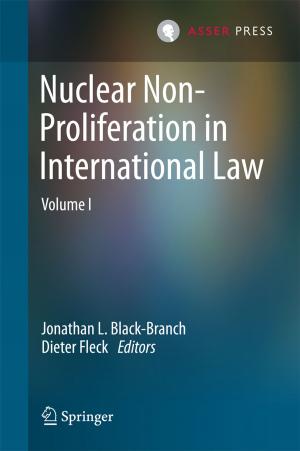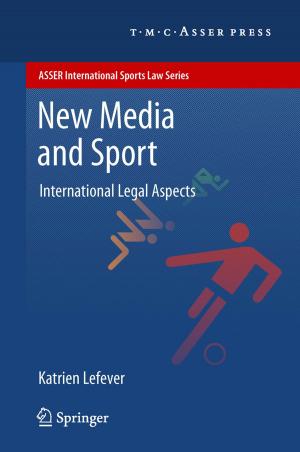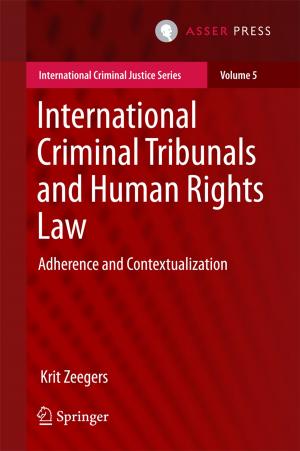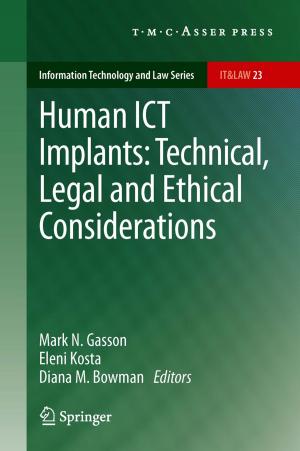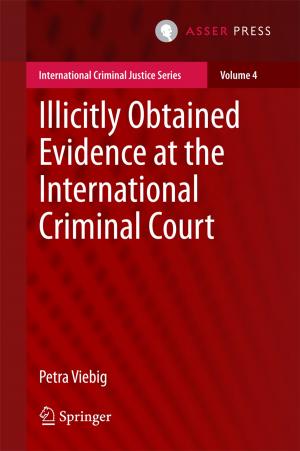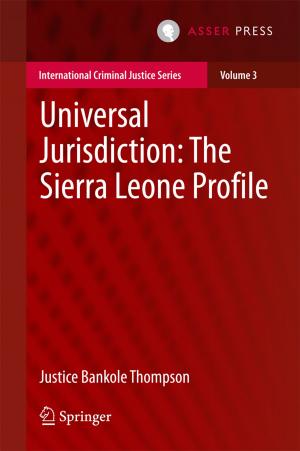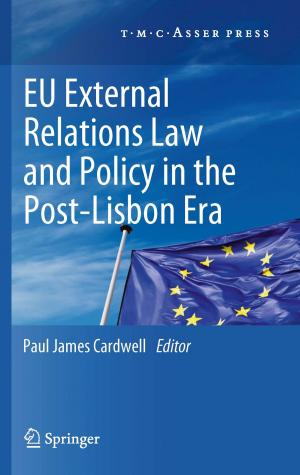Dealing with Wars and Dictatorships
Legal Concepts and Categories in Action
Nonfiction, Reference & Language, Law, International, Social & Cultural Studies, Political Science| Author: | ISBN: | 9789067049306 | |
| Publisher: | T.M.C. Asser Press | Publication: | December 2, 2013 |
| Imprint: | T.M.C. Asser Press | Language: | English |
| Author: | |
| ISBN: | 9789067049306 |
| Publisher: | T.M.C. Asser Press |
| Publication: | December 2, 2013 |
| Imprint: | T.M.C. Asser Press |
| Language: | English |
Democratic ‘transitions’ in Latin America, Eastern Europe, and South Africa, often studied under the conceptual rubric of ‘transitional justice’, have involved the formation of public policies toward the past that are multifaceted and often ambitious. Recent scholarship rarely questions the concepts and categories transposed from one country to another. This is true both in the language of political life and in the social sciences examining past-oriented public policy, especially policy toward ‘ethnic cleansing’ and the line between the language of political practice, legal analysis, and scholarly discourse has been quite porous. This book examines how these phenomena have been described and understood by focusing recent processes, such as the advent of international criminal justice, in relation to previous postwar and recent purges. By crossing disciplinary approaches and periods, the authors pay attention to three main aspects: the legal or political concepts used (and/or the ones mobilized in the academic work); the circulation of categories, know-how, and arguments; the different levels that can shed light on transitions.
Democratic ‘transitions’ in Latin America, Eastern Europe, and South Africa, often studied under the conceptual rubric of ‘transitional justice’, have involved the formation of public policies toward the past that are multifaceted and often ambitious. Recent scholarship rarely questions the concepts and categories transposed from one country to another. This is true both in the language of political life and in the social sciences examining past-oriented public policy, especially policy toward ‘ethnic cleansing’ and the line between the language of political practice, legal analysis, and scholarly discourse has been quite porous. This book examines how these phenomena have been described and understood by focusing recent processes, such as the advent of international criminal justice, in relation to previous postwar and recent purges. By crossing disciplinary approaches and periods, the authors pay attention to three main aspects: the legal or political concepts used (and/or the ones mobilized in the academic work); the circulation of categories, know-how, and arguments; the different levels that can shed light on transitions.
